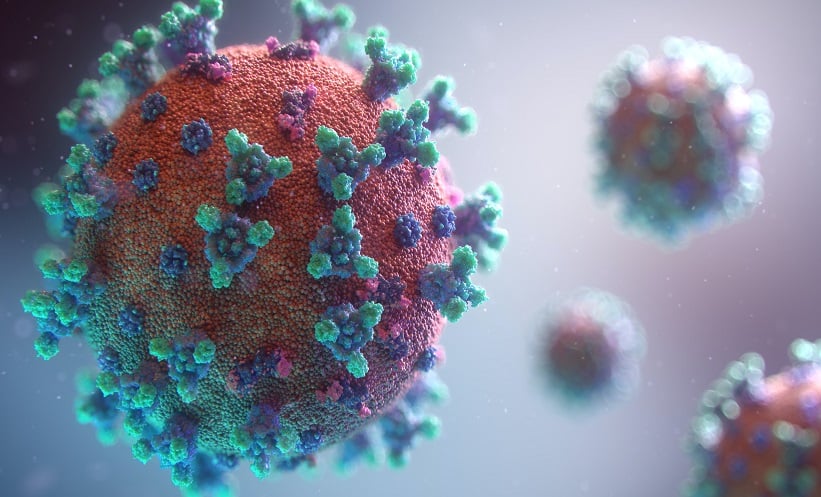COVID-19 shares a molecular link with serotonin cells in the gut. While the exact drivers and sites of infection of COVID-19 are not fully understood yet, this recent research supports previous evidence that severity of COVID-19 symptoms could be reduced by antidepressants such as selective serotonin reuptake inhibitors and provides important information on the gut’s role in the virus. This could help understand what drives COVID-19 infection and severity of the disease.
The new collaborative study involving three teams aimed to determine whether the gut is a site of disease transmission, and which genes might be associated with the virus entering the cells lining the gut wall. The researchers analysed whole genome sequences of cells in the intestines, looking at gene expression amongst the cells that line the gut wall.
They discovered specialised cells that synthesised and released serotonin had a highly enriched expression of a severe acute respiratory syndrome coronavirus 2 receptor. These cells were the only ones that expressed the genes associated with COVID-19. The study indicated that heightened gut-derived serotonin, released to cause gut dysfunction, increased the body’s immune response, worsening severity of the disease and potentially worsening outcomes for patients. “Our study adds further evidence that COVID-19 is far more likely to infect cells in the gut and increase serotonin levels through direct effects on specific gut cells, potentially worsening disease outcomes,” said Damien Keating, Deputy Director of the Flinders Health and Medical Research Institute, Bedford Park, Australia, and Head of the Gut Sensory Systems research group.
The study also supports evidence that antidepressant drugs may be used as treatment, as they block serotonin transport around the body. Further research is still needed in order to understand the gut’s role in COVID-19 infection and treatment options.








